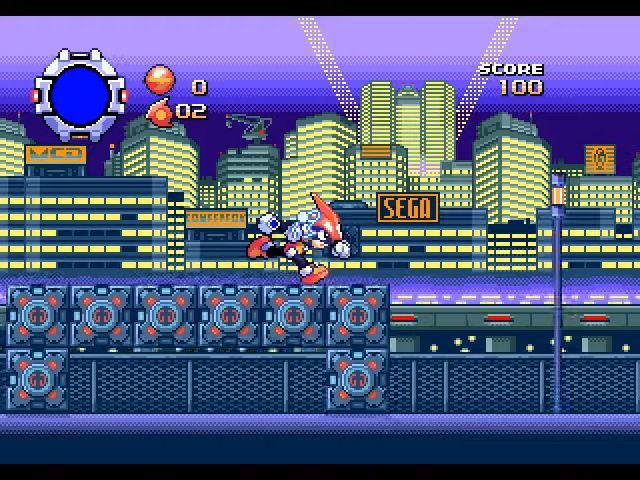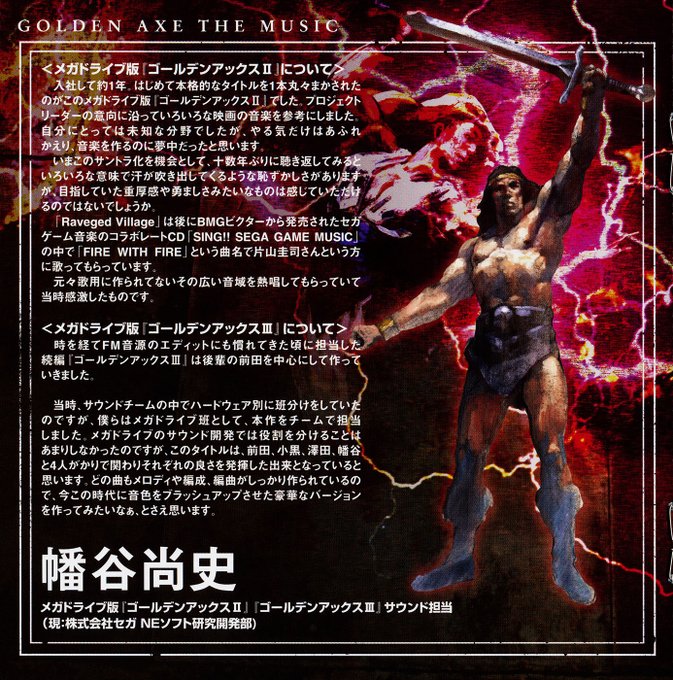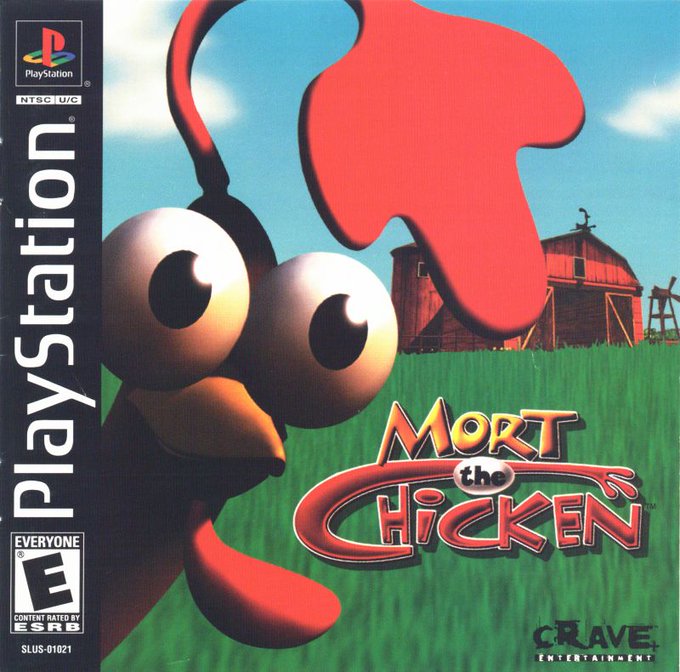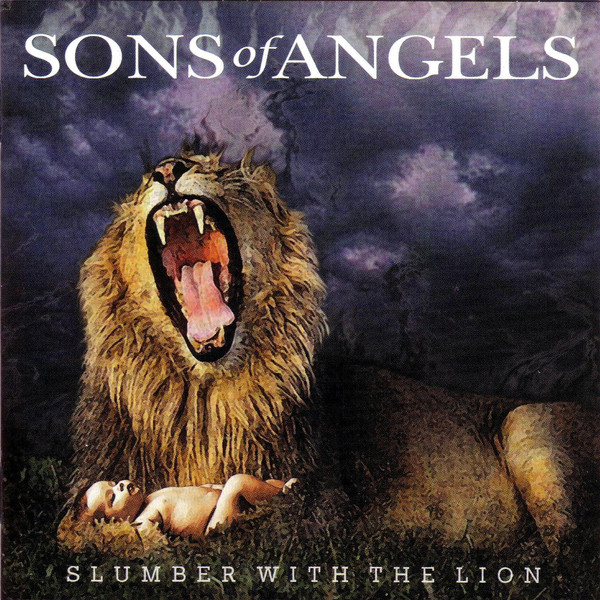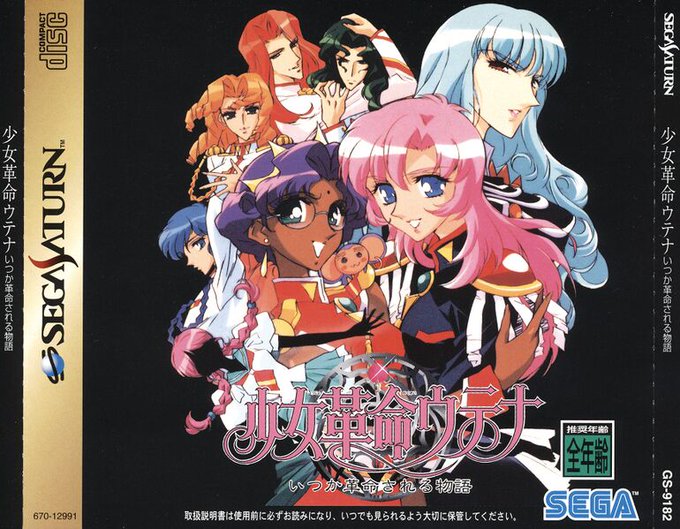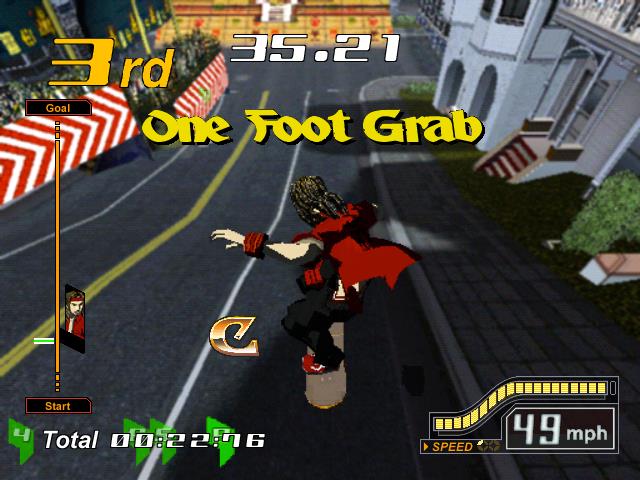rsindividualのTwitterイラスト検索結果。 28 件
#RSIndividual Another group HIDE-AKI worked with was the doujin label atMIDI's people Record, 4 songs over 2 albums: atMIDI's ballade and atMIDI's rock. These albums list the synthesizers each song was made with, but there's other places to learn about Kobayashi-san's equipment.
MIND DESIGN's last ever music track, released late 1994, is actually SEGA related! It's called "Absolute Science," taken from one of the Pulseman arrangement albums. This one seems to be based on a recurring theme from the game which you'll remember from NEO TOKYO. #RSIndividual
Played Sonic Rush and you've also heard those 'Blazy' mixes from its OST. Those works come from Teruhiko Nakagawa, the subject of this week's Individual episode, tonight at 6pm UK Time! #RadioSEGALiVE #RSIndividual #SonicRush #Gunvalkyrie #DengekiBunkoFightingClimax
Keitarou Hanada very clearly hides his face online, and has held several fakes names, including Shake, Devil 666 and Django. #RSIndividual
SEGASONIC THE HEDGEHOG includes the theme I'll Get You Yet! for map displays with Dr. Eggman, which is actually a re-arranged tune which had previously appeared in SEGASONIC Popcorn Shop and SEGASONIC COSMOFIGHTER. #RSIndividual
Naofumi Hataya was the sole sound creator of GOLDEN AXE II and one of 4 creators of GOLDEN AXE III. The former is early enough to make him cringe, but the latter's compositions are still impressive today. #RSIndividual
Keisuke Tsukahara went primarily under the alias TSUKACHAN, which had the variations "Juuoh" TSUKACHAN and DELMO TSUKACHAN. However, Pyramid Magic III misspelled the name as THUKACHAN and Dark Wizard misspelled it as TUKACHAN (but also spelt it right). #RSIndividual
From 1997 to 2002, Brian Coburn worked as audio director at AndNow, a company created by several former SEGA developers. Most of the games they developed went unreleased, but 2 that released with Coburn's work were Tiny Tank and Mort the Chicken. #RSIndividual
Yuichi Kanatani's contributions to the Yakuza series are so awesome both of his songs in Yakuza: Dead Souls were included in Best Of album that released shortly after the game itself. This places both of his songs in the Yakuza: Dead Souls Top 12. #RSIndividual
Unless there's two composers named Yuichi Kanatani, he originally worked on various non-SEGA projects and singles, including an ending song for the anime The Prince of Tennis. #RSIndividual
Crush 40 are mostly known for their hard rock music, but several of their songs from the mid-2000's subvert this trend. Sonic Heroes is inspired by anime theme songs, while I Am... All Of Me, All Hail Shadow and His World have industrial elements. #RSIndividual
At first Jun and Johnny's band was named Sons of Angels, after a song from Daytona USA: Championship Circuit Edition, but there was a Norwegian band started in 1990 that used that name and released a new album in 2001, so they had to change their name to Crush 40. #RSIndividual
Yuzo Koshiro had an exceptionally musical childhood, being educated by both his mother and the famous Joe Hisaishi. However, he was instead most interested in pursuing a career in game programming, yet still became a sound creator for Nihon Falcom in 1986. #RSIndividual
In her first few years at SEGA, many games saw Mariko Nanba collaborating with Seirou Okamoto, a creator notable for his sound effects work. #RSIndividual
Various songs Mariko Nanba has composed bear distinct similarities to her older work. Child's Song from Knuckles' Chaotix VS ODD MARCH from Billy Hatcher and the Giant Egg is the most famous example. #RSIndividual
Following the positive response towards Super Sonic Racing, Richard Jacques was tasked with making all the course themes vocal songs. His chosen singer for the project was T.J. Davis, who would later work with him again on Metropolis Street Racer. #RSIndividual
Virtua Fighter 4 had almost all its music created by Sachio Ogawa, including the themes for new characters Lei-Fei and Vanessa. He would compose music for them again in later entries, Vanessa in VF4EVO and Lei-Fei in VF5. #RSIndividual
Several MEGA-CD games with large sound teams had Sachio Ogawa's input, but perhaps the biggest was Dark Wizard, for which he worked on music, sound programming and special effects under his most common alias S.O. #RSIndividual
Through 2006 and 2007, Hideki Naganuma began working on various non-SEGA projects in secret, mainly under the name skankfunk, a name he would continue to use after leaving SEGA, ironically for when he worked on SEGA games. #RSIndividual
Ollie King, with its 4 songs and 2 jingles, is the only game to have an exclusively Hideki Naganuma soundtrack. The album Ollie King Original Soundtrack, with 4 extra tracks to it, can be considered the closest so far to a Naganuma solo album. #RSIndividual




